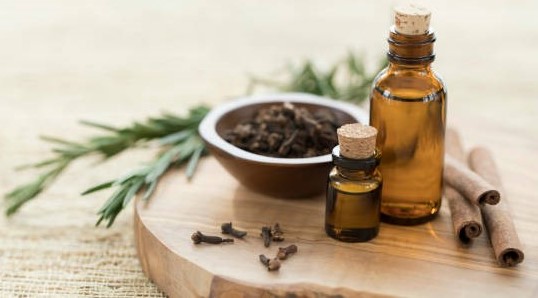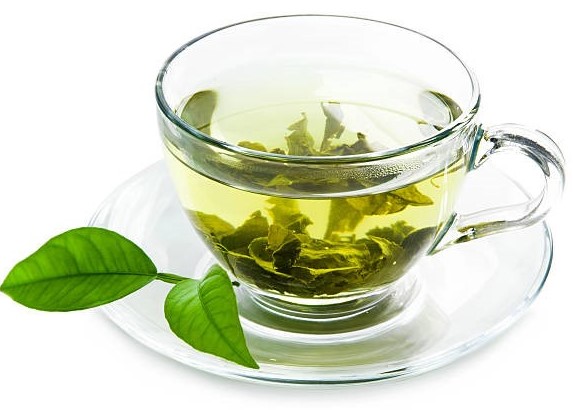Bad breath, medically known as halitosis, is quite a common issue. According to the National Centre for Biotechnology Information, a hospital-based research outfit, the percentage of self-reported halitosis cases in Nigeria is about 17.1%, with adolescents accounting for about 54.7% of cases.
Bad breath, even though not considered a life-threatening condition, can impact negatively on people’s quality of life, eroding their self-confidence and esteem and, in extreme cases, lead to depression.
Causes of bad breath
Bad breath can be a result of a myriad of factors. According to Johns Hopkins Medicine, some major causative can be bacterial infection, dry mouth syndrome [xerostomia], gum disease, poor oral hygiene, underlying health conditions, tobacco use and alcohol.
Meanwhile, here are five quick home remedies that can be used to tackle this menace.
Water
 Experts warn that a dry mouth is a haven for all sorts of oral parasites as less water in the mouth encourages rot from food and other intakes, which causes an unpleasant odor.
Experts warn that a dry mouth is a haven for all sorts of oral parasites as less water in the mouth encourages rot from food and other intakes, which causes an unpleasant odor.
This is why health experts advise that we ensure to stay hydrated every time as adequate water intake helps to flush particles and other remnants down the digestive tract. It also boosts saliva production.
If you are wondering just how much quantity of water is enough per day, the United States Food and Nutrition Board encourages 2.7 liters of water per day for females and and 3.7 liters daily for males.
Essential oils
 Essential oils like cinnamon and tea tree oil have been proven to have antibacterial effects. This makes them a good option for tackling bacteria-induced halitosis.
Essential oils like cinnamon and tea tree oil have been proven to have antibacterial effects. This makes them a good option for tackling bacteria-induced halitosis.
According to an article on the portal of the National Center for Biotechnology Information, the result of research carried out in 2017 proved that cinnamon oil helps to kill off S. moorei, the bacteria that cause halitosis.
Another study carried out in 2016 states the efficacy of tea tree oil in combating volatile sulfur compound produced by bacteria, which causes the mouth to stink.
 Herbs and spices
Herbs and spices
Spices with aromatic essential oils can be used to mask the unpleasant smell that arises after eating garlic and other socially unfriendly foods.
This can also serve as a healthier and cheaper option, cutting away the possible health risks posed by over-the-counter prescriptions.
Some good examples are cloves, cardamom, ginger, fennel seeds, cinnamon, star anise, peppermint, and spearmint.
 Apple cider vinegar gaggle
Apple cider vinegar gaggle
The unending benefits of apple cider vinegar have endeared it to users globally and have made it a household item.
The fact that it has also been proven to have antibacterial effects makes it a good option for fighting oral bacteria that cause bad breath and mouth odor.
Popular online health portal, Healthline, also includes it in their top home remedy options for bad breath.
They recommend adding two tablespoons of apple cider vinegar to one cup of water and gargling with it for at least 30 seconds before spitting it out.
They further explain that ACV contains acetic acid which inhibits the growth of bacteria,
 Green tea
Green tea
The National Institute of Health says green tea aids in the inhibition of volatile sulfur compounds produced by bacteria in the mouth. Its antiseptic and disinfectant qualities were also confirmed
You can take advantage of this by boiling two cups of tea and allow it to cool. Pour into a water bottle and sip throughout the day.


